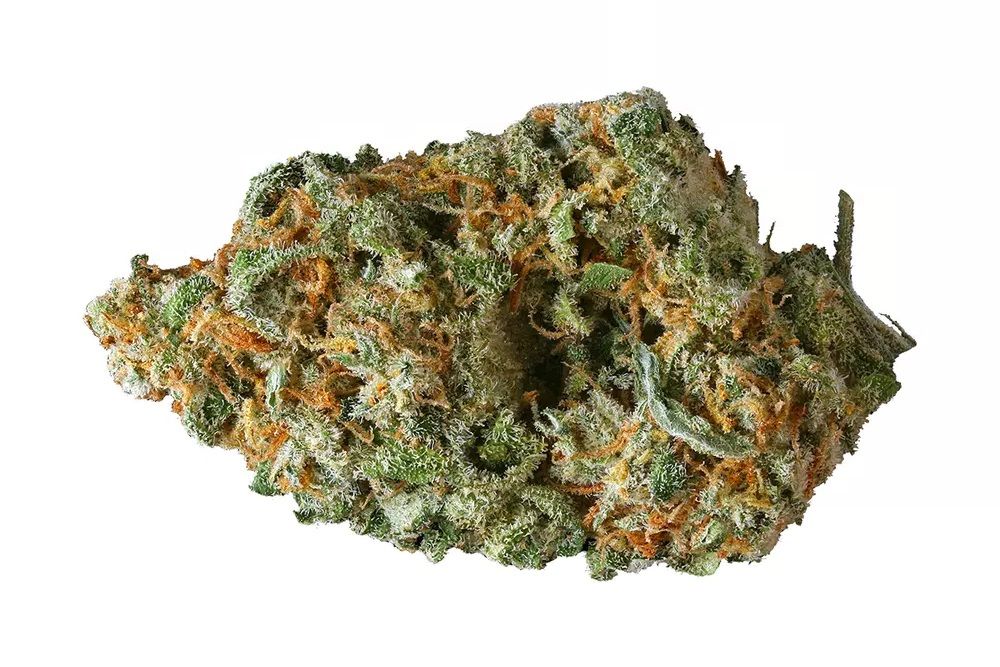Federal legislation to remove marijuana from the controlled substances list and allow the expungement of past convictions has nearly 100 sponsors in the US House of Representatives.
 The Marijuana Opportunity Reinvestment and Expungement (MORE) Act now has 94 sponsors, more than any other marijuana-related bill in the US Congress other than the SAFE Banking Act.
The Marijuana Opportunity Reinvestment and Expungement (MORE) Act now has 94 sponsors, more than any other marijuana-related bill in the US Congress other than the SAFE Banking Act.
The MORE Act has passed the US House of Representatives twice (in 2020 and 2022), but both times it failed to advance in the then-evenly split Senate. The measure has gained renewed interest now that Vice President Kamala Harris is the Democratic Party’s presumptive nominee for president. Harris, a longtime supporter of the MORE Act, previously cosponsored the bill during her time in the Senate.
The Democrats have a slightly stronger majority in the Senate, which could be further increased in the upcoming election. If Democrats regain control of the House of Representatives on November 5, the enactment of the MORE Act could become a political possibility.
The MORE Act seeks to decriminalize marijuana nationwide by removing it from the controlled substances list. It also proposes a federal excise tax starting at 5% on legal marijuana sales for the first two years, increasing to 8% by the fifth year. Additionally, the bill includes provisions for expunging past marijuana convictions and ensuring that users are not denied public benefits.
In the Senate, the Cannabis Administration and Opportunity Act (CAOA) has attracted 18 sponsors. This legislation instructs the U.S. Attorney General to establish regulations to deschedule marijuana within 180 days of the bill’s passage. It also proposes a federal excise tax beginning at 5% on marijuana producers, rising to 12.5% by the fifth year, and calls for the creation of the Center for Cannabis Products within the FDA to oversee the industry’s production, labeling, distribution, and sales.







